
Key Takeaways
- Road bikes can pull trailers, combining speed with functionality.
- Look for lightweight trailers compatible with road bikes for the best performance.
- Prioritize safety with proper attachments and follow manufacturer guidelines.
A bike trailer can significantly enhance your cycling experience. But can you use a bike trailer with a road bike?
Yes, you can use a bike trailer with a road bike. Road bikes are designed with a lightweight frame that makes for quicker rides and ensures you won't be dragging along too much extra weight when you add a trailer.
As a seasoned biking expert, I can provide valuable insights into the compatibility, safety considerations, and best practices associated with using a bike trailer with a road bike. My expertise extends beyond theoretical knowledge to practical application, as I’ve tested various bike trailer setups and configurations to ensure their effectiveness and safety.
Can You Use A Bike Trailer With A Road Bike?
Navigating the world of bike trailers can be a daunting task, especially when it comes to compatibility with different types of bikes.
Among the various considerations, one burning question often arises: can you use a bike trailer with a road bike?
Yes, you can use a bike trailer with a road bike! Road bikes are renowned for their lightweight frames, meticulously engineered to minimize weight while maximizing speed and efficiency.
When considering the addition of a bike trailer to a road bike, this lightweight frame becomes a significant advantage.
Unlike heavier bike models, road bikes are less burdened by the additional weight of a trailer, allowing cyclists to maintain their agility and maneuverability on the road.
This means that even with the inclusion of a trailer, road bike riders can still enjoy the nimble handling and responsive acceleration that characterize their biking experience.
Let’s explore the tips for using a bike trailer with a road bike.
Select The Right Trailer
- Size and Type: Not all trailers are created equal. Choose a trailer that complements the size of your road bike and suits your needs—be it for cargo or a kiddo.
- Weight Capacity: Ensure the trailer can accommodate the weight of your items without surpassing the manufacturer's recommended limit.
Check Compatibility
- Axle or Hitch Type: Road bikes commonly use a quick-release or thru-axle system. Your trailer must match this setup.
- Adapter Requirements: Some road bikes might require a specific adapter for the trailer hitch. Check if yours does.
Balance The Load
- Distribute weight evenly in the trailer to maintain stability.
- Avoid overloading to make handling your bike easier and safer.
Practice Handling
- Test rides are crucial. Get a feel for the dynamics of pulling a trailer before heading out on a busy road.
- Understand that maneuvers and turns require wider arcs with a trailer in tow.
Mind Your Speed
- The additional weight will affect your braking and acceleration. A gentle approach to speed changes is prudent.
- Descents need extra caution due to the added momentum of the trailer.
Be Visible
- Trailers sit low to the ground. Heighten your visibility with flags or lights.
- High-visibility markings on the trailer can alert other road users to your presence.
Plan Your Routes
- Consider the terrain and choose routes with smooth surfaces to ease the ride.
- If facing hilly regions, prepare for a more demanding workout and longer travel times.
This video explains how to use a bike trailer with a road bike.
How Do I Find The Right Trailer For A Road Bike?
Selecting the right trailer for a road bike is crucial for ensuring a safe and enjoyable riding experience.
With a plethora of options available on the market, ranging from different sizes and designs to varying features and functionalities, choosing the perfect trailer can be overwhelming.
When looking for the right bike trailer, consider the following:
Type of Use:
- For children: Look for trailers with sturdy harnesses, adequate protection, and a suspension system for a smoother ride.
- For pets: Ensure there's enough space and ventilation. A secure leash hook within the trailer is a bonus!
- For cargo: Assess the trailer's weight limit and ensure the cargo area is sufficient for your needs.
Compatibility:
- Check if the trailer comes with a universal hitch that can attach to the rear axle of your road bike.
- Some trailers connect via the seat post—this might require an adapter or a shim for a snug fit.
Best Bike Trailers:
- Consider reputable brands known for their durability and ease of use.
- Look for features like waterproof covers, foldability for storage, or quick-release wheels.
Safety Considerations Specific To Using A Bike Trailer With A Road Bike
When it comes to cycling with a bike trailer attached to a road bike, there are specific safety considerations that riders need to keep in mind.
Unlike traditional bike setups, the addition of a trailer introduces new dynamics and challenges that can impact stability, handling, and overall safety on the road.
Here's a rundown of the key safety considerations you'd need to keep in mind:
Frequently Asked Questions
Here are the FAQs on the use of a bike trailer with a road bike.
What's the maximum weight a bike trailer can carry when used with a road bike?
The weight limit for a bike trailer can vary widely, generally ranging from about 40 pounds to over 100 pounds. It's crucial to check the specific trailer's weight capacity and ensure your road bike can handle the load without compromising its performance or structure.
Are there specific bike trailers designed for road bikes, and how do they differ?
Though not exclusively for road bikes, certain trailers are more road-bike-friendly.
They tend to be lighter and designed to minimize drag, keeping in line with the essence of road biking.
Is it more challenging to pedal a road bike when pulling a trailer?
It's only natural to expect a little more resistance when you're towing extra weight. However, modern trailers are engineered for smooth rolling, so with proper gearing and some muscle adaptation, you’ll still enjoy your ride.












































































































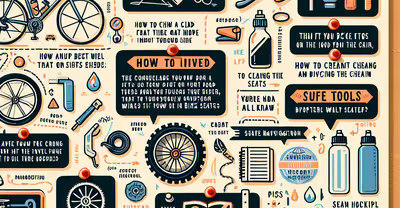


























































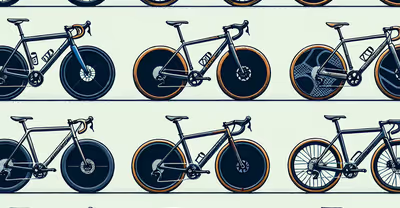

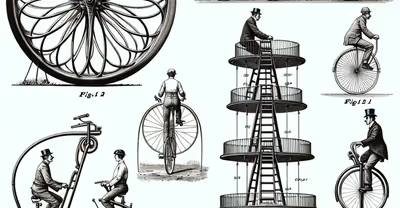
















































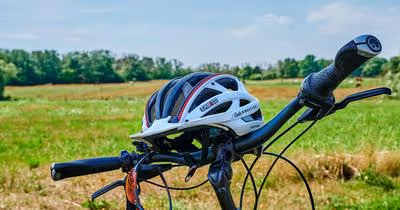



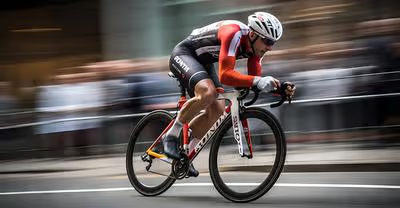
















































































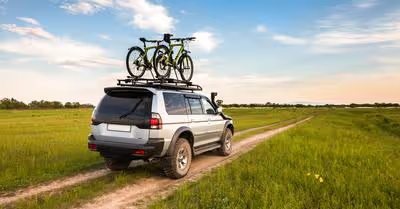




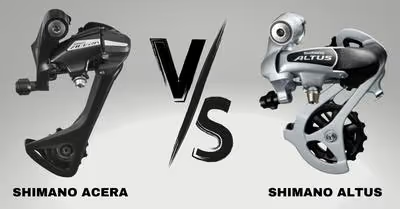









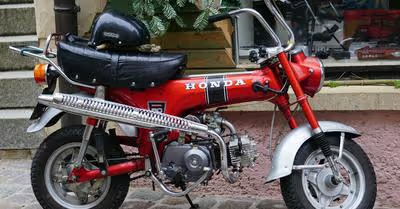






































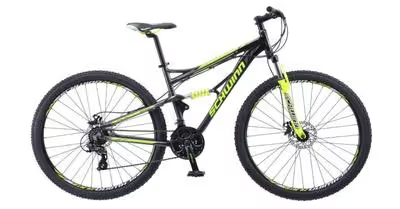




























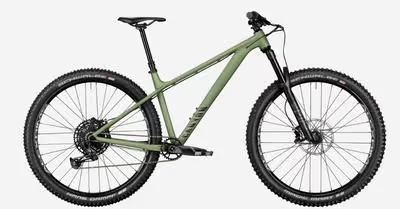











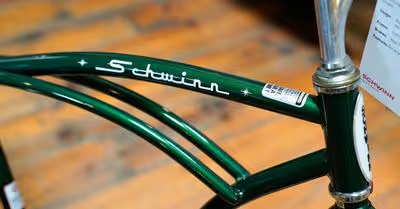












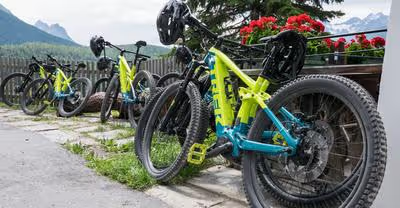
































































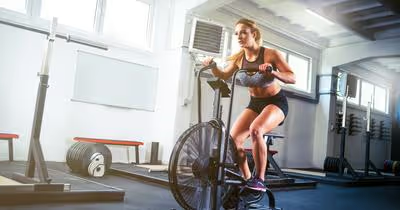












































































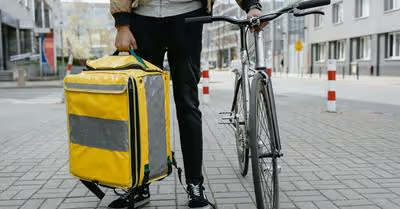



















































































































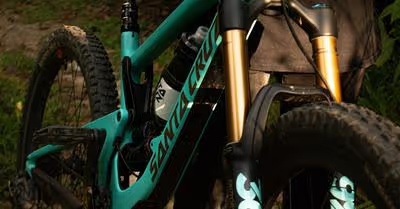
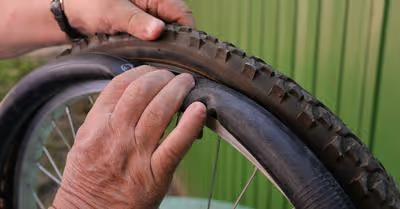

















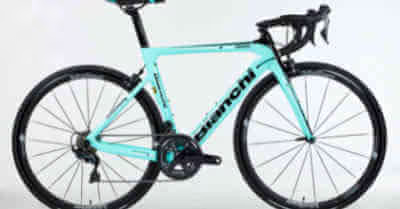


































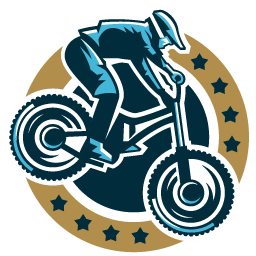
.avif)
